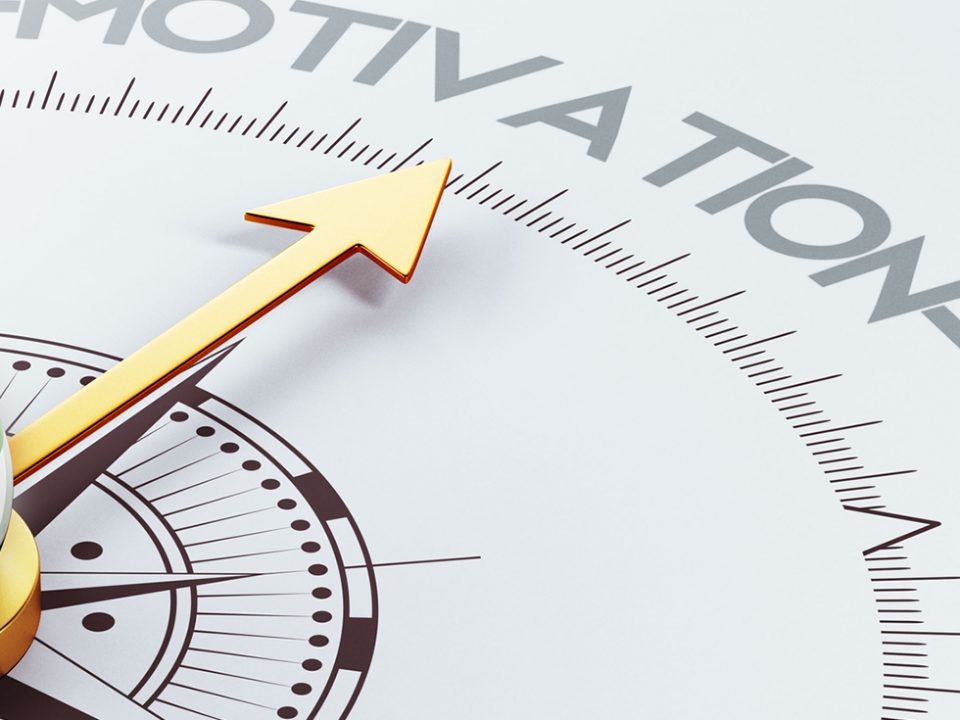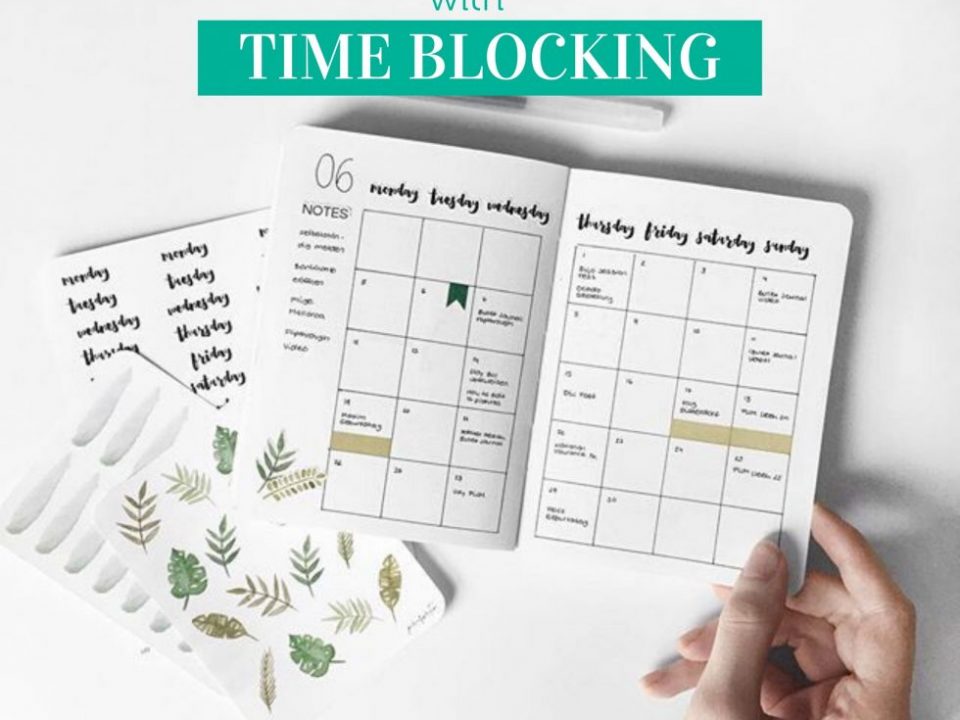
When I think about coming to the end of a good book, I feel a sense of loss. If I really loved the book, I don’t want it to end. I want the story to continue, yet here I am, closing the book and facing change. What will I read next? Will it be nearly as good as the book I just finished? This analogy might seem trivial, but I hope it serves to create a sense of similarity with the concept of dealing with endings. Endings of any kind create a psychologist reaction in us.
Change is An Enigma
Endings are a result of a change event. There has been a great deal of research done on the topic of change as well as many books and workshops on the topic, including my own. Perhaps it is because change is a bit of an enigma.
Change vs. Transition
No matter how much we study and write about it, we struggle to manage change effectively. Research done by Peter Senge of the Center for Organizational Learning states that over 70% of organizational change efforts fail. Why is that? Perhaps it has to do with the fact that while change is situational, outcome-based and relatively quick, it is the psychological response it triggers in us, as a result of dealing with the transitional aspects of change, that happens at a far slower pace and trips us up. Often in change management, we overlook the importance of the psychological aspects of change and don’t give it the time, attention, or resources needed to help those going through the emotional aspects associated with change.
Psychotic? No Psychological!
Transition is a process people go through as they internalize and come to terms with change. Transition is psychological and is what happens inside people’s minds when they are presented with change. Here’s an example: when a woman gives birth, the process happens relatively quickly (some mothers may argue this point), but the process of becoming a parent and learning what it takes to effectively care and raise a child is a much longer transition. There are a host of questions, fears, worries and anxieties that are related to the change event of child birth.
The Transition Model
Back in 1991, William Bridges came up with a framework called the Transition Model. It deals with 3 phases of transition:
1) The Ending – letting go of old ways and identities and dealing with a sense of loss.
In this phase, we worry about what we are likely to lose and we grieve the old ways. If we aren’t allowed to recognize or express our feelings of sadness, fear or anger, it will take longer and be more difficult to get through the transition. This phase takes time because it isn’t change people resist, it is loss.
2) The Neutral Zone – this is the in-between or uncomfortable time when the old is gone, but there is confusion, ambiguity, uncertainty and maybe even existential angst about what it all about anyway.
The old way is gone, but the new way doesn’t fit comfortably, yet. In this phase, you know that you’ve got to let go of the old, but aren’t sure how to be or how to work in the new. This is the trickiest phase and the one that I think warrants the most attention because here we see an increase in anxiety and a distinct drop in motivation and productivity.
3) The new Beginning – during this phase, people start to experience new energy as they discover their new identity and purpose after letting go of the old. In this phase, we experience an uplift in energy, motivation and productivity as we begin to feel more comfortable with the new.
It is important to look for small wins with the new. Keeping yourself motivated and supported as the new beginning takes root is key so that you are able to establish healthy new behaviours and avoid limiting thoughts about what’s ended.
Be the Pro
To transition through change like a pro requires new behaviours and the ability to let go of the old. Be clear about what you need to do differently and what you will let go of. Allow yourself to feel the emotions associated with loss and seek the answers you need as you move through the 3 phases of transition. If you take this approach, you’ll reduce the depth of the dip in the neutral zone and face the new beginning with more energy and optimism.



